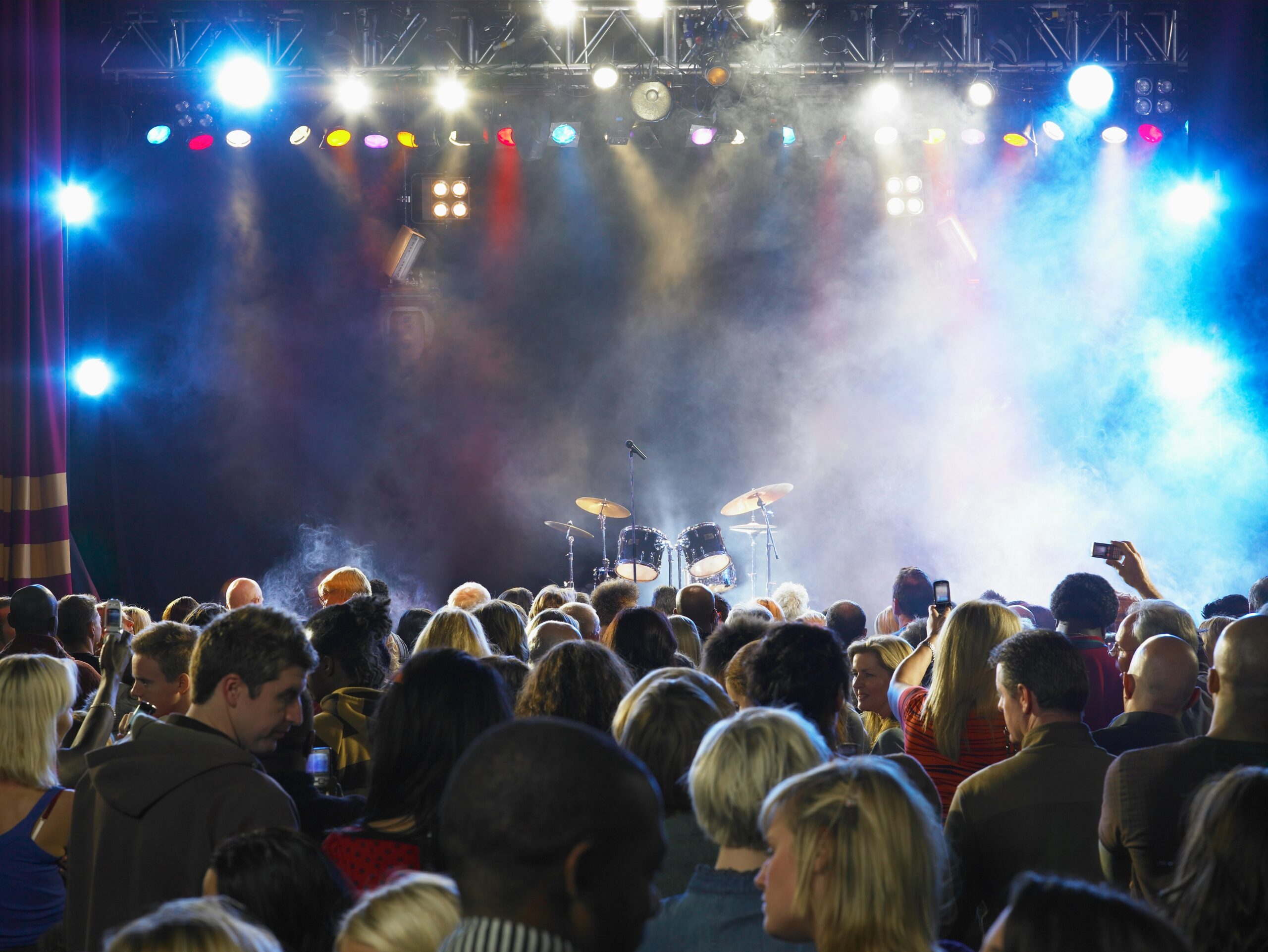
Live music events offer thrilling experiences that combine energy, emotion, and connection. However, the loud volume often used at concerts can seriously harm your hearing health. Protecting your ears during these events is essential for preserving your ability to enjoy music for years. This article will explore practical strategies to safeguard your hearing while still having a fantastic time at live shows.
Understand the Risks of Loud Music Exposure
Exposure to high decibel levels at concerts can cause temporary or permanent hearing damage. The average live music event often reaches noise levels above 100 decibels, louder than a lawn mower or heavy traffic. Continuous exposure to loud sounds can lead to tinnitus, hearing loss, and ear pain. Even brief bursts of extreme volume can damage sensitive hair cells in the inner ear, which do not regenerate.
Additionally, repeated exposure without protection increases the risk of permanent hearing impairment. Therefore, understanding the risks involved helps motivate protective actions. Knowing how damaging loud music can be makes you more likely to take simple but effective measures to protect your ears.
Choose the Right Ear Protection
One of the most effective ways to protect your hearing at live music events is by wearing earplugs specifically designed for music lovers. Unlike essential foam earplugs that muffle all sound, musician earplugs reduce volume evenly across frequencies. This preservation of sound quality lets you enjoy the music while lowering the risk of damage.
Custom-fit earplugs offer the best protection and comfort, but universal-fit options are more affordable and widely available. It’s essential to insert earplugs properly to ensure maximum safety. Carrying a small case of earplugs in your bag can save you from unexpected loudness and prevent damage during spontaneous concerts or festivals.
Position Yourself Wisely in the Venue
Where you stand or sit at a live music event significantly affects your exposure to loud noise. Standing too close to speakers or amplifiers increases your risk of hearing damage. Try positioning yourself farther from the stage or speakers to reduce noise intensity whenever possible.
Moreover, choosing an area with some natural sound barriers, like walls or structures, can help lower volume levels. While being correct at the front might be tempting, especially for your favorite band, balancing enthusiasm with ear safety ensures a better long-term experience. Being mindful of your position helps you enjoy the show without sacrificing your hearing health.
Take Listening Breaks During the Event
Continuous exposure to loud music can overwhelm your ears. Taking breaks away from the noise provides your auditory system time to recover. Stepping outside the venue or moving to a quieter area during intermissions reduces the strain on your ears.
These short pauses can prevent permanent damage caused by prolonged noise exposure. Using these breaks to hydrate and relax enhances your overall concert experience. Scheduling regular quiet intervals throughout the event can significantly decrease your risk of hearing problems later.
Monitor Your Hearing Health Regularly
Protecting your hearing doesn’t end with attending concerts safely. Regular hearing check-ups help detect early signs of hearing loss or tinnitus. If you experience ringing, muffled sounds, or difficulty understanding speech after a concert, consult a hearing specialist promptly.
Early diagnosis allows for timely intervention, preventing further damage. Furthermore, educating yourself about hearing health keeps you motivated to maintain protective habits. Staying aware of your hearing condition encourages consistent use of ear protection and more competent concert-going practices.
Educate Friends and Family About Hearing Safety
Sharing knowledge about hearing protection with others can create a safer environment at live music events. Encourage friends and family to use earplugs and practice good hearing habits. When your social group values hearing safety, protecting yourself without feeling isolated becomes easier.
Moreover, discussing the risks of loud music and prevention methods raises general awareness. Group efforts to promote hearing health can influence event organizers to offer ear protection or lower volume limits. Advocating for hearing safety benefits everyone who enjoys live music.
Embrace Technology to Enhance Protection
Innovative technology now offers more options for hearing protection at concerts. Some earbuds and headphones include active noise cancellation or sound-limiting features. These devices allow you to control volume levels and filter out harmful noise without losing sound quality.
Using apps that monitor noise exposure can alert you when levels become unsafe. Technology empowers concertgoers to take control of their hearing health in real-time. Exploring these tools complements traditional earplugs and positioning strategies for comprehensive protection.
Plan for Your Next Live Music Event
Preparation is key to enjoying live music safely. Research the venue’s noise policies and available protections before attending. Some venues provide free earplugs or designate quieter areas for sensitive listeners.
Packing your hearing protection and planning breaks into your schedule enhances your safety. Planning also means setting realistic expectations about your position near the stage and how long you will stay close to loudspeakers. Proactive steps ensure you get the best experience without risking your hearing.
Live music events bring joy and connection, but they also carry risks to your hearing. You can enjoy concerts without harming your ears by understanding those risks, using proper ear protection, positioning yourself carefully, and taking breaks. Monitoring your hearing health, educating others, and leveraging technology strengthen your defense. Planning ensures every live show is memorable for all the right reasons. Protect your hearing today to keep the music playing for a lifetime.